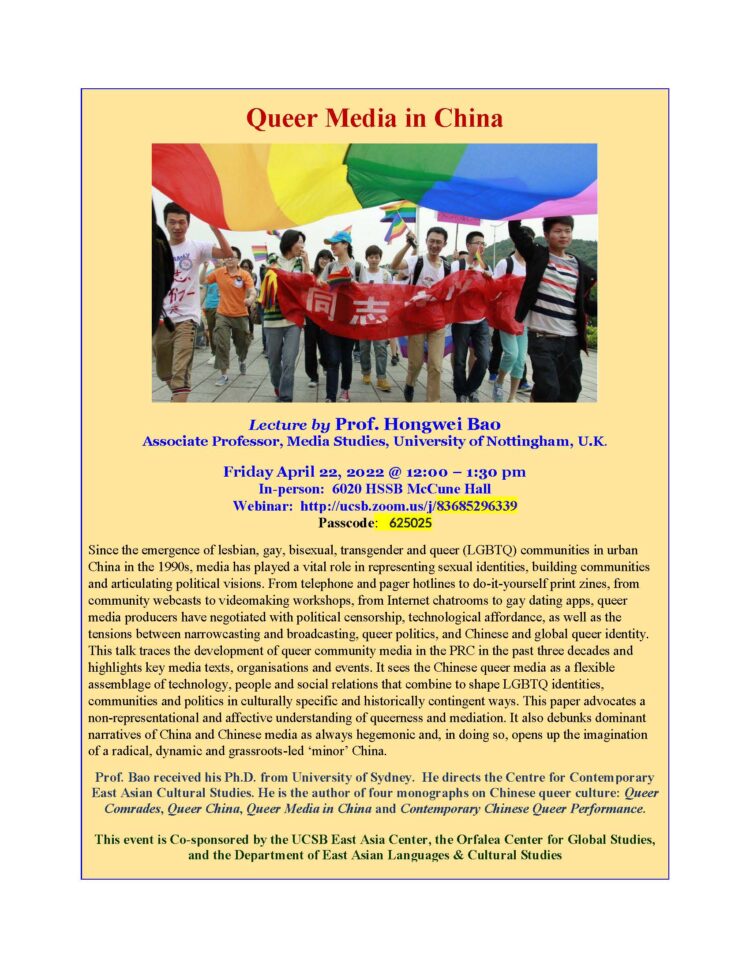
Lecture by Prof. Hongwei Bao, Associate Professor, Media Studies, University of Nottingham, U.K.
Friday April 22, 2022 @ 12:00 – 1:30 pm
In-person: 6020 HSSB McCune Hall
Webinar: http://ucsb.zoom.us/j/83685296339
Passcode:625025
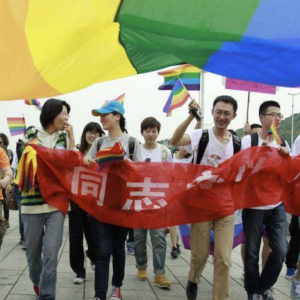

Lecture by Prof. Hongwei Bao, Associate Professor, Media Studies, University of Nottingham, U.K.
Friday April 22, 2022 @ 12:00 – 1:30 pm
In-person: 6020 HSSB McCune Hall
Webinar: http://ucsb.zoom.us/j/83685296339
Passcode:625025
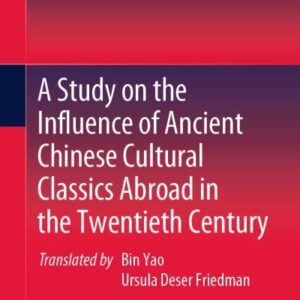
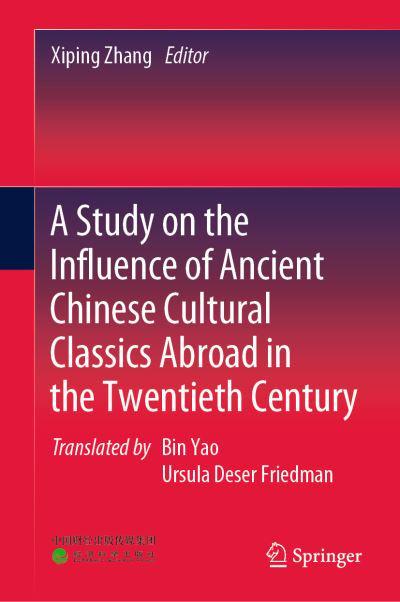
Congratulations to Ph.D. student, Ursula Friedman for publishing her new co-translated book, A Study on the Influence of Ancient Chinese Cultural Classics Abroad in the Twentieth Century, Springer, Singapore 2022.
This book presents an extensive literary survey of the influence of ancient Chinese cultural classics around the globe, highlighting a mammoth research project involving over forty countries or regions and more than twenty languages. As the book reveals, ancient Chinese culture was introduced to East Asian countries or regions very early on; furthermore, after the late Ming Dynasty, Chinese “knowhow” and ideas increasingly made inroads into the West. In particular, the translation of and research on Chinese classics around the world have enabled Chinese culture to take root and blossom on an unprecedented scale.
In addition to offering a valuable resource for readers interested in culture, the social sciences, and philosophy, the book blazes new trails for the study of ancient Chinese culture.
Ursula Deser Friedman (Translator) is currently pursuing a Ph.D. in East Asian Languages and Cultural Studies, with an emphasis in Translation Studies, at the University of California, Santa Barbara. Ursula holds an M.A. in Foreign Linguistics and Applied Linguistics with specializations in Translation and Conference Interpretation from Beijing Foreign Studies University, where she has taught Mandarin-English Translation since 2017. Ursula’s publications have appeared in Translation Review, International Communications and Modern Chinese Literature and Culture.
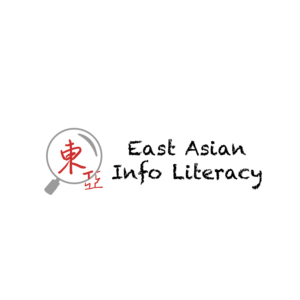
We are pleased to share the news that the East Asian Information Literacy Tutorial Series (Phase I), created by UCSB Librarian for East Asian Studies Yao Chen, has been completed and released. This is a series of short tutorials to contextualize Information Literacy concepts in the field of East Asian Studies. Phase I includes 13 close-captioned videos about 3-6 minutes long each. This series can support and complement research-related courses and be used by students at their point of need.
This project is funded by the Librarians Association of the University of California and the University of California, Santa Barbara Library. It was created by Yao Chen, with the collaboration of a group of librarians in North America on it. EALCS Ph.D. candidate Linshan Jiang was also a part of the project.
We hope you could consider using this Series to supplement teaching and learning and welcome your feedback and suggestions. Please help share with whoever may find it useful.
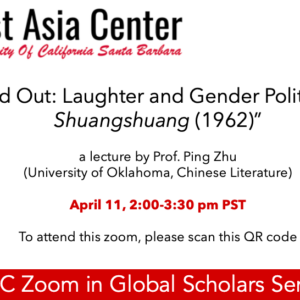
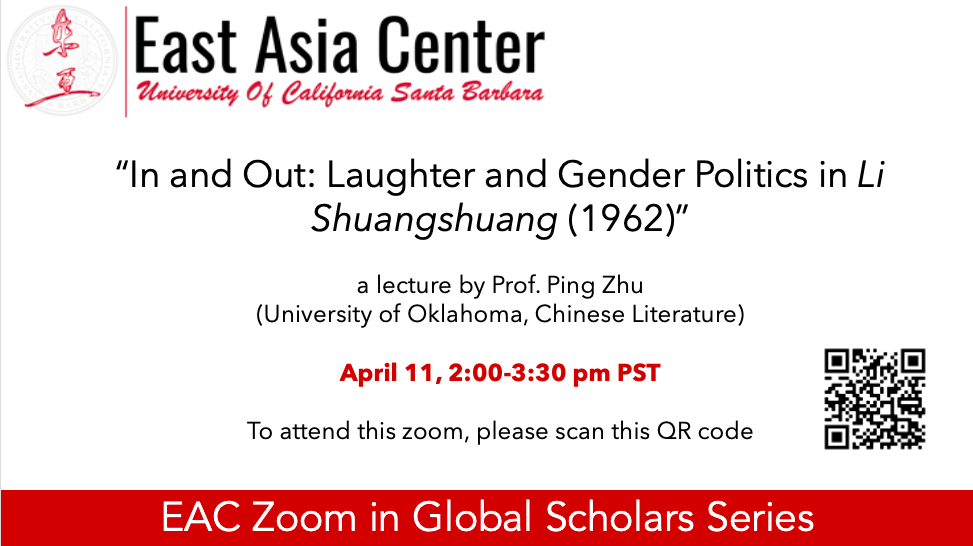
We are pleased to announce that UCSB’s East Asia Center will be hosting Prof. Ping Zhu (University of Oklahoma) for a lecture, “In and Out: Laughter and Gender Politics in Li Shuangshuang (1962),” on April 11, 2:00–3:30pm (PST), as part of its EAC Zoom in Global Scholars Series. Please scan the QR code on the flyer to join the Zoom meeting.
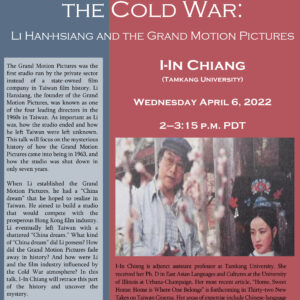
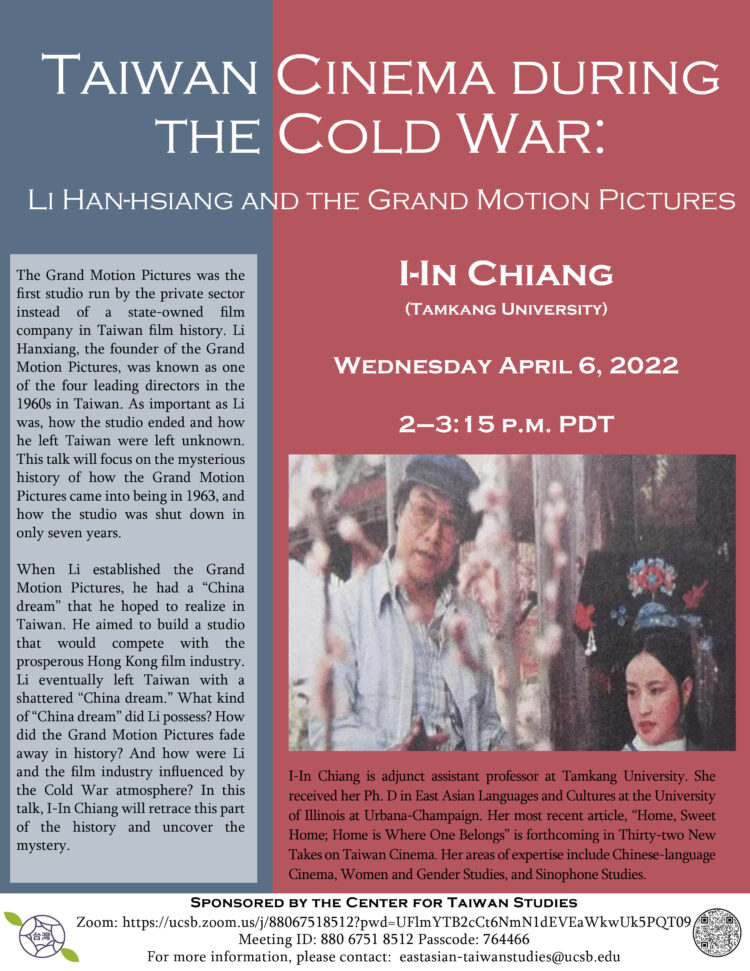
Please join us for “Taiwan Cinema during the Cold War: Li Han-hsiang and the Grand Motion Pictures” with I-In Chiang (Tamkang University).
2:00 – 3:15 p.m. PDT on Wednesday, April 6, 2022
Zoom link: https://ucsb.zoom.us/j/88067518512?pwd=UFlmYTB2cCt6NmN1dEVEaWkwUk5PQT09
Meeting ID: 880 6751 8512, Passcode: 764466
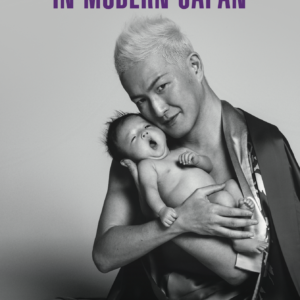
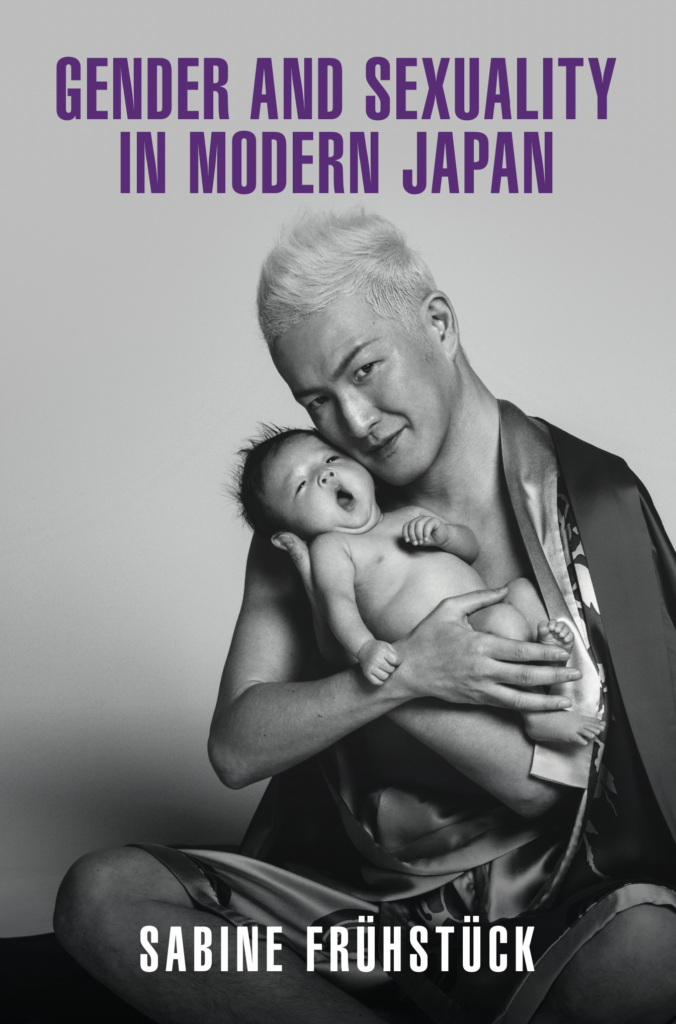
Congratulations to Professor Sabine Frühstück for publishing her new book, Gender and Sexuality in Modern Japan, Cambridge University Press, 2022.
Gender and Sexuality in Modern Japan describes the ever-changing manifestations of sexes, genders, and sexualities in Japanese society from the 1860s to the present day. Analysing a wide range of texts, images and data, Sabine Frühstück considers the experiences of females, males and the evolving spectrum of boundary-crossing individuals and identities in Japan.
To learn more about the book, please read this wonderful blog post by Professor Frühstück by clicking HERE.
Reviews & Endorsements
“Encompassing the full sweep of modern history, and drawing upon the tools of multiple disciplines, this broad ranging and deeply insightful book is essential reading for anyone interested in what Japan has to teach us about the ways in which questions of sex, gender, and sexuality define our world and its possibilities.” ~~ Daniel Botsman, Yale University
“Frühstück’s keen historiographic eye along with her deep knowledge of literature and visual culture combine to make this book a must-read for anyone interested in the broader landscape of gender and sexuality in Japan. It is truly a tour de force.” ~~ Glenda Roberts, Waseda University